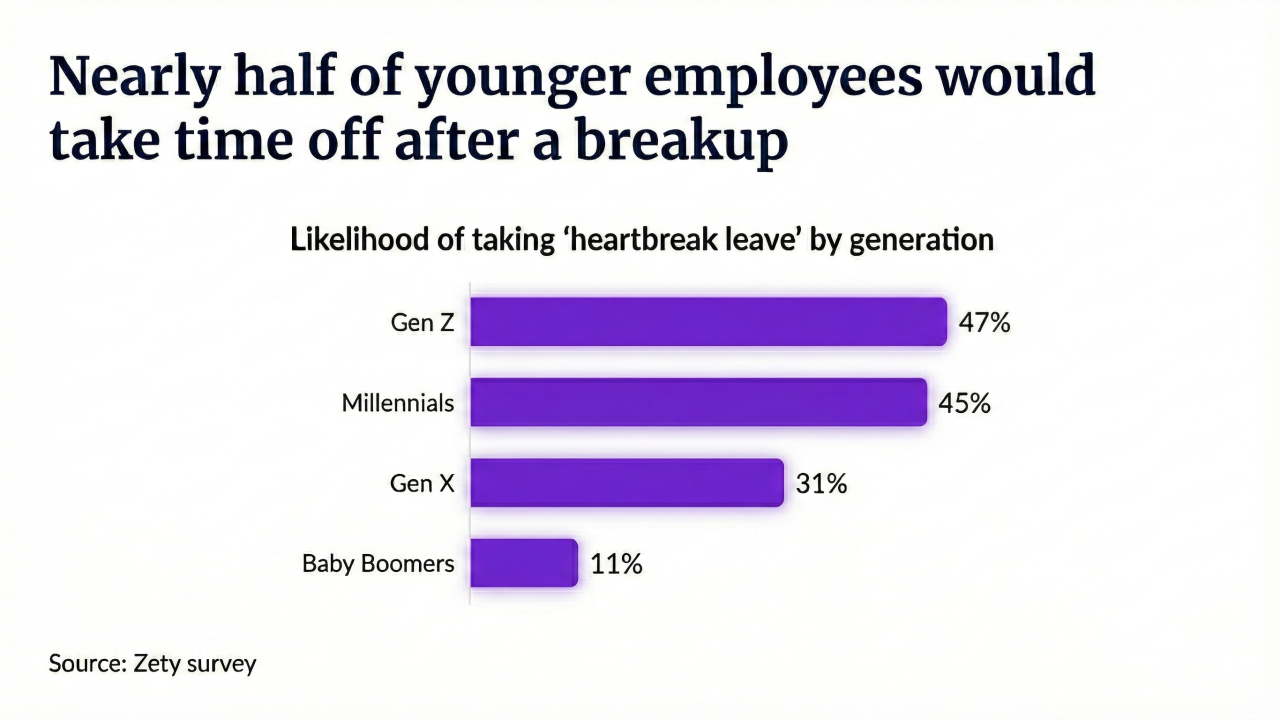As companies struggle to fill open positions, there's an entire demographic eager to get back into the workforce. But employers may need to have an open mind and an updated perspective on hiring those with criminal backgrounds.
Processing Content
More than 500,000 individuals return to their communities from prison each year, according to the Center for Employment Opportunity (CEO). These workers are seeking employment and the opportunity for economic mobility, but without the right support, that chance will remain out of reach.
"Helping formerly incarcerated folks find solid work isn't just about checking a box — it's a game-changer for them and for society," says John Chacon, manager of talent acquisition at workforce management solution Jitjatjo. "Employment is more than just a paycheck; it's a ticket to a fresh start, and a way to rebuild lives and prove themselves."
Read more: After 23 years in prison, a new road to success: The impact of second-chance hiring
Sixty percent of formerly incarcerated individuals struggle with unemployment, according to the Bureau of Justice Statistics, compared to 3.9% for the general population. When they are able to secure employment, harsh parole conditions, a lack of social welfare programs and a tough job market force them into some of the least desirable jobs, the Prison Policy Initiative found. As a result, two-thirds of former inmates are rearrested, and more than 50% reincarcerated within three years of their release, according to the Harvard Political Review.
In an effort to keep formerly incarcerated workers employed longer, Jitjatjo partnered with the Center for Employment Opportunity to help the non-profit place job seekers in short-term gig contracts that ease them back into the workforce. The non-profit sources applicants and works with them one-on-one. Once they've been selected, Jitjatjo offers job prep training on interview skills to communication strategies to prepare them for their new roles. Chacon has hired several applicants for his own team.
"By giving these individuals a fair shot, we're not only tapping into a pool of eager, ready-to-work talent, we're also playing a part in turning the tide on recidivism, strengthening communities, and pushing towards a more inclusive society," Chacon says. "It's all about second chances and recognizing the untapped potential that can bring fresh perspectives and resilience into our workforce."
Gig work can be a good first step
While the goal is to connect these individuals with long-term employment opportunities, gig and freelance work is a good starting point to get acclimated, especially for formerly incarcerated people who may have been out of work for a long period of time. Gig work offers not only flexibility in hours but in options as well, allowing workers the freedom to change jobs as they find a career they like.
At the beginning of the process, applicants working with CEO and Jitjatjo fill out an intake application to better understand their proficiency levels and their areas of interest.
Read more: This CEO was arrested 17 times — now, he's hiring folks with similar backgrounds
"The more skills that they qualify for, the more opportunities they're going to get," Chacon says. "So we do a lot of the digging with them to find the skills they might not even know they have so we can build a comprehensive profile for them that enables them to work as much as they want."
Creating space for formerly incarcerated individuals in the workforce takes time, but there has already been significant progress. Almost 3 in 4 employees said they'd feel comfortable working with colleagues who have non-violent records, according to the Society for Human Resources Management, and the feedback both from participants and companies benefiting from the partnership has been overwhelmingly positive.
"This talent pool isn't hiding; they're right here, making up a significant part of our community, often overlooked but ready to contribute," Chacon says. "The fact is there's a mismatch between available jobs and available talent, and that's exactly where formerly incarcerated individuals can step in and make a difference."






